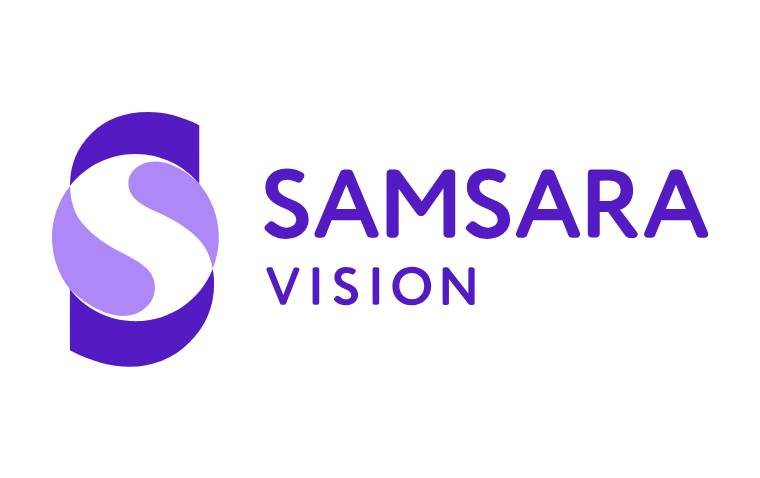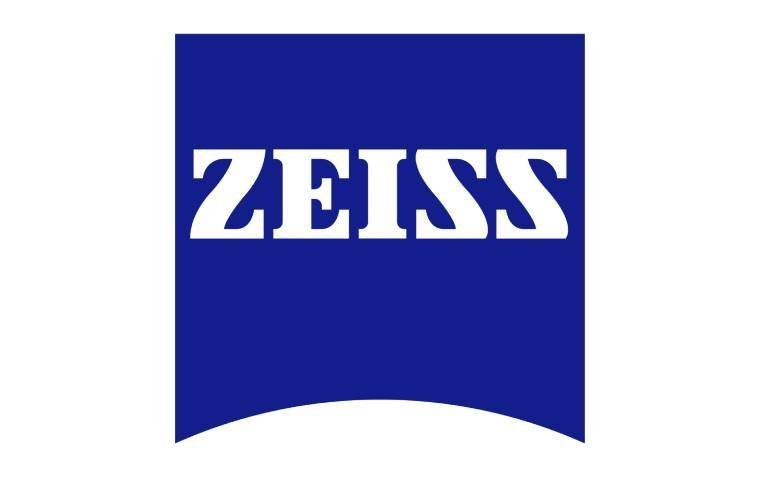
One-third of Glaucoma Patients Skip Regular Eye Appointments
In the August issue of Ophthalmology Epidemiology, a recently published study unveils a concerning trend among glaucoma patients. It was discovered that one-third of these patients ceased to visit their eye doctors for regular check-ups over a 10-year period.
Conducted at Duke University School of Medicine, the study involved 395 glaucoma patients and highlighted the alarming association between missed doctor appointments, disease progression, and vision loss.
“Most people who are treated for glaucoma don’t become legally blind,” said senior study author Jullia Rosdahl, MD, PhD, glaucoma specialist at Duke Eye Center and associate professor of ophthalmology at the Duke School of Medicine.
“Early diagnosis, adhering to treatment, coming to follow-up appointments, those are the things that we know can help slow the disease and prevent significant vision loss,” she said.
Due to its lack of early symptoms and the subtle changes it brings to vision, glaucoma has gained the nickname of the "silent thief of sight." The condition starts by affecting peripheral vision, which enables individuals to see objects not directly in front of them, like cars approaching from the sides or people walking behind them.
Glaucoma, unfortunately, has no cure, and the primary focus of treatments is to protect ard vision and prevent the condition from worsening. Regular follow-up appointments, ideally at least once a year, play a crucial role in enabling doctors to monitor disease progression and adjust treatments accordingly.
The study further revealed that merely 17% of patients who became lost to follow-up—defined as not seeing an eye doctor for 52 weeks—eventually returned to seek care. Among those most likely to discontinue care were Black patients, men, and individuals with severe vision loss.
Of those who did eventually return for care, two-thirds had experienced disease progression or encountered complications along the way.
“This suggests that loss to follow-up can have serious consequences for glaucoma patients,” said lead study author Andrew Williams, MD, an assistant professor of ophthalmology at the University of Pittsburgh Medical Center who completed a glaucoma fellowship at Duke.
The study's scope was limited to a single institution, so the findings may not be universally applicable to all glaucoma patients. Moreover, the study did not investigate the reasons behind the loss to follow-up, underscoring the need for further research to comprehend the factors contributing to this issue and discover ways to encourage consistent glaucoma care.
This new study represents one of the few examinations of loss to follow-up in glaucoma care over a 10-year duration. It provides valuable long-term insights for specialists like Rosdahl, who may be responsible for patients for several decades, from their initial diagnosis in their 50s or 60s until they reach an older age.
As glaucoma treatment options continue to evolve, managing eye pressure remains a crucial aspect, and various treatments such as eye drops, lasers, and surgeries are employed to lower it effectively.
“There is a lot happening in the field of glaucoma treatment,” said Rosdahl. “We have new imaging technologies that can help us diagnose earlier before a patient has symptoms, new classes of medications that are more effective and new surgical procedures that are less invasive and reduce the number of eye drops patients need to take.”
Tadhg Schempf, MD, and Peggy J. Liu, PhD, are among the additional authors affiliated with the University of Pittsburgh in the study.
Financial support for the study was provided by the Henry L. Hillman Foundation, the National Institutes of Health CORE grant P30 EY08098, the Eye and Ear Foundation of Pittsburgh, and an unrestricted grant from Research to Prevent Blindness to the Department of Ophthalmology at the University of Pittsburgh.
(1).jpg)










